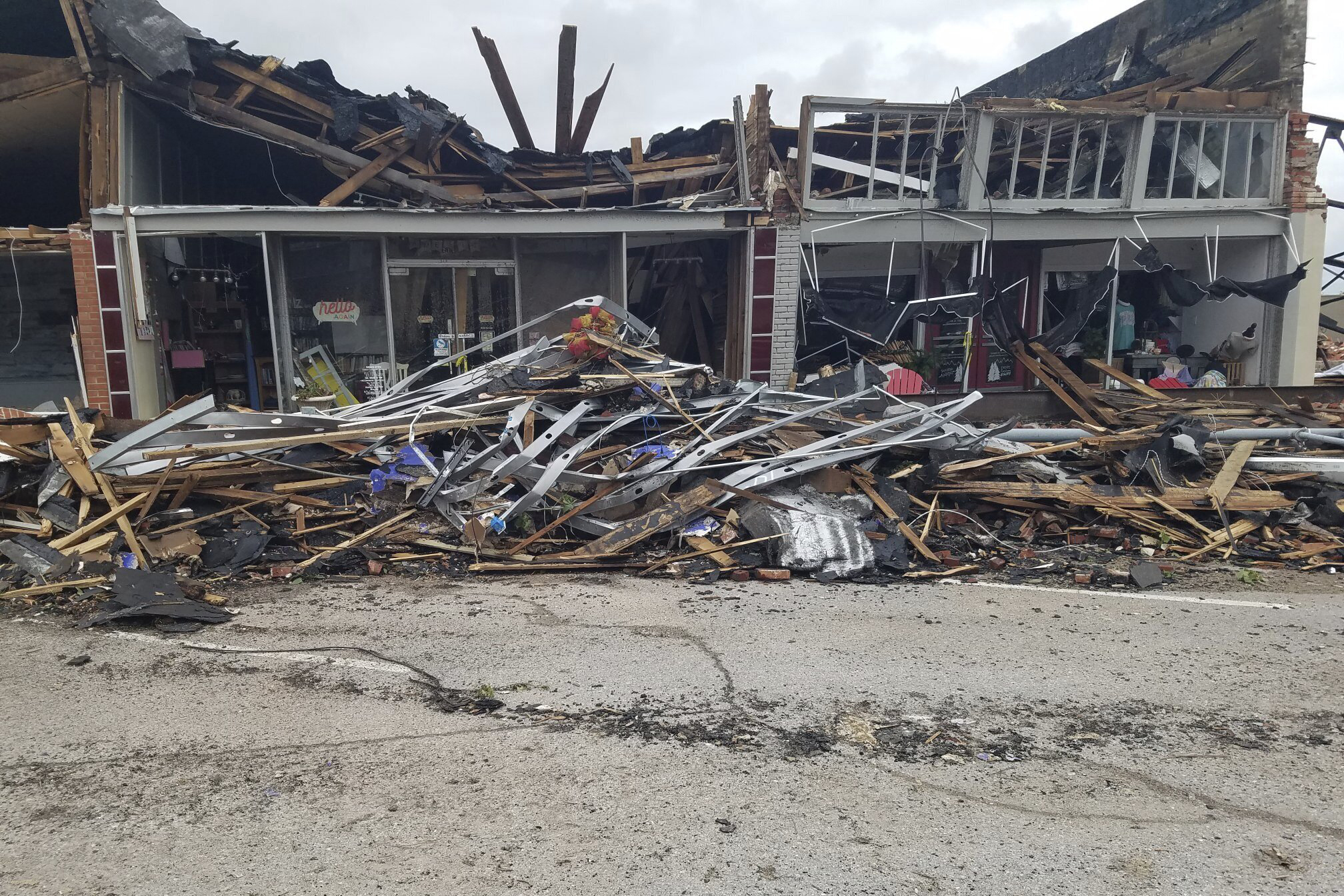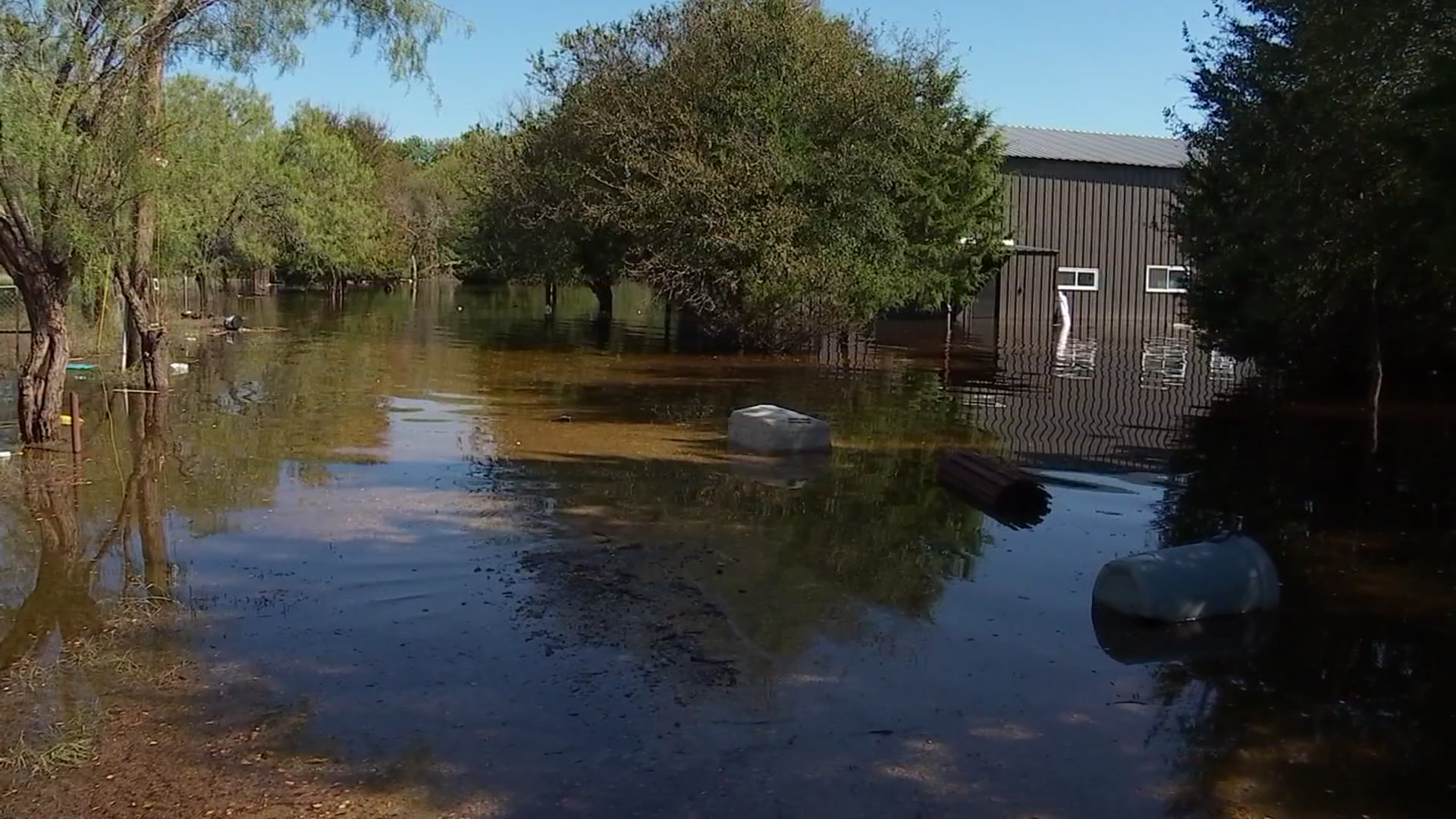Bullying is not just in schools and online, it’s also in the office.
Researchers in North Texas say workplace bullies affect more than just their victims.
According to a recent report, one in five Americans have witnessed bullying in the workplace. Bystanders, or those who witness a co-worker being bullied, also get caught up in the fray.
Dr. Michele Medina, an adjunct professor at the University of North Texas, studied the impact bullies have on the bystander.
During her research, Medina surveyed 300 people after they watched a video depicting several bullying scenarios. Those watching the video served as the bystander.
“A lot of time, bullies like an audience,” said Medina. “Not all of the time, but a good portion of the time they look for an audience. There are different types of bystanders. You have the silent bystander, those who reinforce the bully, and then there are those who come to the aid of the victim.”
Medina identified these results from her findings:
- Witnesses who observe peer-on-peer bullying may believe they may become a target for bad treatment at work.
- Those who observed bullying were often inclined to disassociate from the bully.
- Bystanders who have higher levels of empathy are more likely to identify with co-workers who were bullied.
- Witnesses of the same gender as victims are less likely to identify with perpetrators.
The state of Texas has recommendations for anyone who believes they may be being bullied at work, especially those with disabilities.
Local
The latest news from around North Texas.
Those recommendations include protecting your health and safety, document the encounters and to utilize resources including notifying a manager or the human resources department.
The state also advises that victims can seek legal help in some cases.
What is Workplace Bullying?
Bullying in the workplace occurs when one or more people are hostile or mean toward another person on an ongoing basis. Bullying is not typically considered acceptable adult conduct. Workplace bullying is an effort to undermine and harm another person by threatening that person’s professional status, self-confidence, and/or ability to perform.
Bullying is harassment and in severe cases can even be verbal or physical abuse and/or assault. Harassment involves annoying and continued actions, which can include threats and demands, as well as uninvited and unwelcome verbal or physical conduct. Verbal or physical bullying that is abusive is considered assault and there are criminal laws that can lead to the arrest and prosecution of a bully.
Bullying does not have to be assault to be unlawful. In Texas, state law prohibits the harassment of people with disabilities and people who are elderly and requires that it be immediately reported for investigation.1 When directed toward a person who has a disability, any form of bullying behavior is prohibited under federal laws as discrimination.
Read more from the Texas Council for Developmental Disabilities here.



